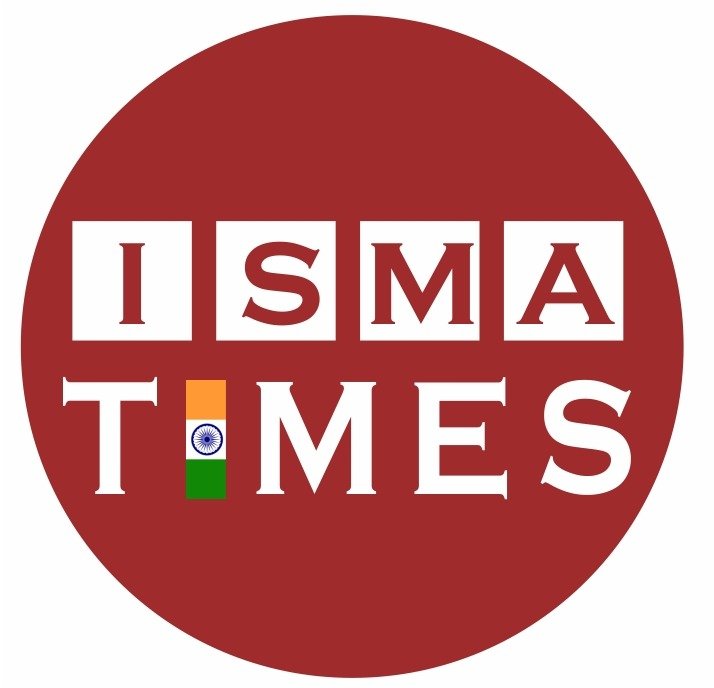Is TikTok illegal and haram in Pak Fatwa
Jamia Binoria Town, a prominent religious school in Karachi, has issued a fatwa declaring TikTok illegal and haram. The fatwa cites ten reasons, including the inclusion of forbidden photos and videos, the creation of obscene content by women, and the spread of obscenity through dancing and singing. TikTok is criticized for mocking scholars and religion, and for promoting sinful activities. The use of TikTok is deemed impermissible due to its association with transgressions and its potential for moral decay.

KARACHI: Jamia Binoria Town, a prominent religious school in Karachi, the capital of Sindh province, has issued a fatwa (a religious decree) declaring the use of TikTok illegal and haram, terming it the biggest temptation of the modern era, Pakistani vernacular media reported.
In Fatwa No. (144211200409), the institution outlined ten reasons supporting its stance.
In the past, religious scholars have been calling for a ban on TikTok as a reason for spreading immorality, and a partial ban has also been imposed on TikTok time and again in Pakistan, Dawn News TV reported.
The fatwa, delivered online by Jamia Binoria, asserts that TikTok poses an increasing danger as a fitna (temptation) in the present age and is considered illegal and haram from a Shariah perspective.
Among the reasons cited, the app's inclusion of photos and videos of animals is deemed forbidden in Sharia, and the creation and dissemination of obscene videos by women on the platform is highlighted, Dawn News TV report added.
Furthermore, the fatwa condemns the practice of men and women on TikTok making videos involving dancing and singing, which is viewed as a means of spreading obscenity and nudity, deemed a waste of time and leading to moral decay.
Jamia Banoria's fatwa underscores that TikTok not only contains videos that mock scholars and religion but is a platform where everything can be subjected to mockery and ridicule.
According to the fatwa, as reported by Dawn News TV, engaging with TikTok inevitably involves participating in activities that are considered sinful in Sharia, making it nearly impossible to avoid falling into such transgressions. Consequently, the fatwa declares the use of TikTok impermissible.
With over 39 million downloads in 2022 alone, TikTok, owned by China-based ByteDance, is under increasing scrutiny and calls for bans worldwide, including in Pakistan, according to data from Sensor Tower, a mobile and digital analytics firm, The Express Tribune reported.
Earlier this year, a petition was filed in the Lahore High Court, urging a ban on the TikTok application. The petition highlighted concerns about the platform's perceived detrimental effects on the youth of society, adding to the growing chorus of voices advocating for restrictions.
In 2021, the Pakistan Telecommunication Authority imposed a five-month ban on the video-sharing app from July to November. The ban was lifted after TikTok provided assurances that it would enhance measures to control indecent or immoral content on the platform, The Express Tribune reported.
(Except headline, this story has not been edited by ismatimes staff and is published from a syndicated feed.)

















